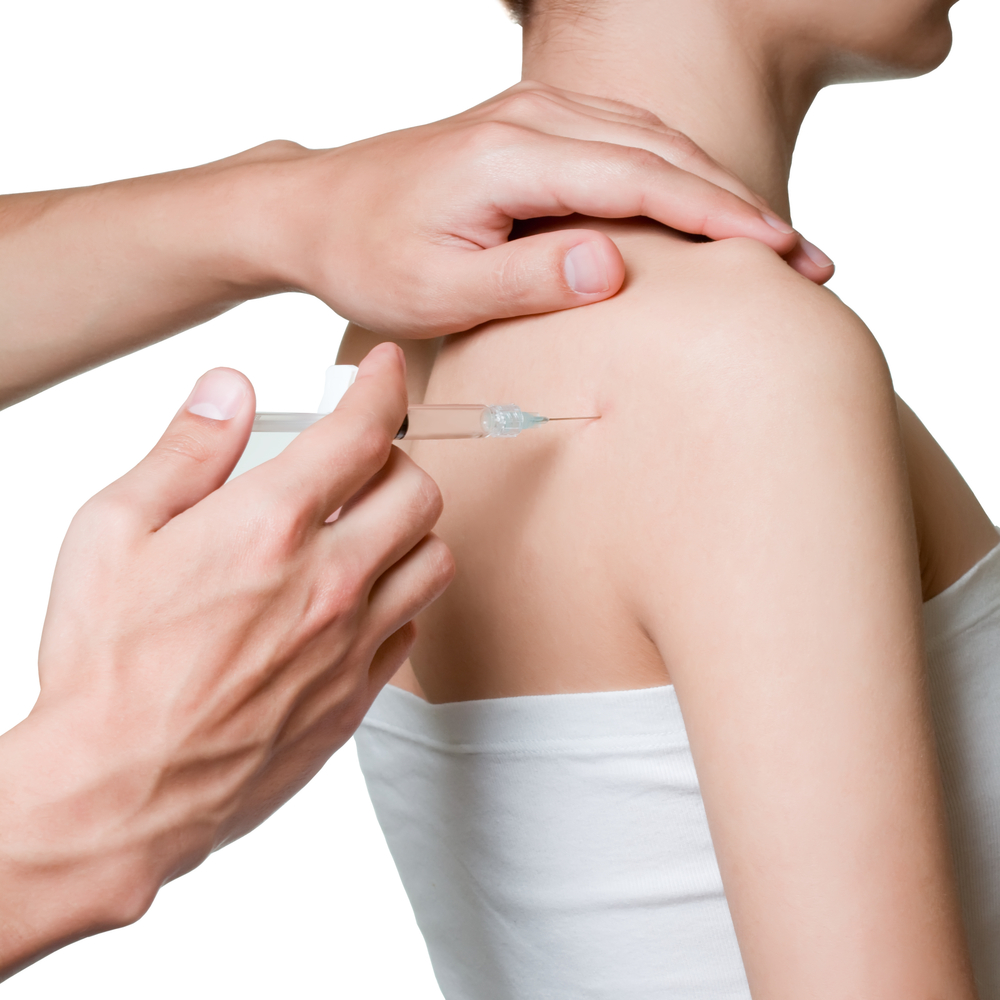What Are PRP Injections, and Who Can Benefit From Them?

Progress in modern healthcare has made it possible to fight the effects of various health problems using self-healing treatment methods. Out of all the self-healing treatments available, none are more effective than PRP injections.
If you have not heard of PRP injections before, you may be curious about them. Here is what you need to know about this relatively new treatment.
What Are PRP Injections?
PRP is short for platelet-rich plasma. It is a treatment method that uses injections to stimulate your body to heal injured tissue.
Platelets are cells in the blood that help your body form blood clots to stop or slow down the bleeding. By controlling bleeding, platelets are essential to surviving injuries, illnesses, and surgeries. Plasma is the fluid part of blood that mainly contains water, enzymes, antibodies, salts, and other proteins. It helps sustain immunity and remove waste from cells to improve their function.
So, platelet-rich plasma is the blood that has more platelets than usual. When injected into a tissue injury, it releases growth factors that promote recovery.
How Do Doctors Administer PRP?
At the start of the treatment, your doctor collects your blood and places it in a centrifuge. The centrifuge separates the plasma from the other blood components. The doctor then draws up the separated plasma and injects it into the affected area.
Doctors often use ultrasound or other imaging to pinpoint the specific part that needs treatment. That helps with accuracy.
Who Can Benefit from PRP Injections?
PRP injections are available to virtually anyone seeking relief from injured muscles, joints, ligaments, and tendons. These include:
Chronic tendon injuries such as Achilles tendonitis, tennis elbow, and jumper's knee
Severe sports injuries such as knee sprains and hamstring muscle pull
Osteoarthritis
Torn rotator cuff in the shoulder
Post-surgical healing
Preventing baldness and encouraging hair growth
You cannot get PRP injections if you are anemic, have cancer, abnormal platelet function, or have an infection.
What Can You Expect After PRP Injections?
You can expect to experience an increase in pain for two to three days after receiving the treatment. The pain will ease with time as the injured part recovers its mobility.
Your condition may improve three weeks after the first injection, with full results showing after three months. Some patients report seeing full results six to nine months after PRP treatment. At that point, your doctor will do an MRI or an ultrasound to check that your injury is fully healed.
As you recover:
Avoid taking anti-inflammatory medications and blood thinners for at least three days after the procedure
Refrain from applying heat or ice to the treated area for at least 72 hours after the treatment
Avoid drinking alcohol for the first six hours after the procedure
Continue seeing your doctor as often as instructed
Are PRP Injections an Alternative to Surgery?
PRP injections may improve the chance of recovery and prevent an injury from worsening if it responds positively to the treatment. Positive outcomes reduce the need for surgery. If you are considering PRP treatment, talk to your doctor about all its risks and benefits.
For more on PRP injections or to schedule a consultation, call Castelli Chiropractic Center at (904) 320-0409 to reach us in Jacksonville, Florida.









